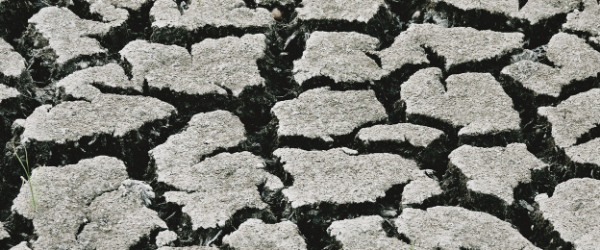
06 Apr MEP Manuela Ripa (ÖDP) calls for more decisive action on climate protection
Ripa on latest IPCC report: “We must act now!”
(Strasbourg/05.04.2022): MEP Manuela Ripa of the Ecological Democratic Party (ÖDP) takes the latest report of the Intergovernmental Panel on Climate Change (IPCC) as an opportunity to push for much tougher action to protect the climate. The politician is very concerned about the fact that CO2 emissions in 2021 have risen to their highest level ever. At the same time, emissions of methane, which is a greenhouse gas many times more potent than CO2, have also risen sharply. In order to limit the global temperature increase to 1.5 degrees Celsius, only 30 billion tons of CO2 equivalents may be emitted worldwide by 2030, which would be only half as much as today. The ÖDP politician said: “How many more wake-up calls do we need from scientists? It is now or never if we want to limit global warming to 1.5 degrees Celsius. The European Parliament has already declared a climate emergency in 2019. But the immediate and strong emissions cuts we now urgently need are unfortunately not in sight at the moment.”
The MEP stresses that it is not enough to rely on technical solutions alone, such as the expansion of renewable energies, to stop global warming. Instead, we must change our lifestyle. Manuela Ripa mentions agriculture, for example. “With a more plant-based diet, we could not only make a significant contribution to reducing greenhouse gas emissions, but would also combat the other problems associated with factory farming. These include the nitrate contamination of our groundwater, the loss of biodiversity and the emergence of multi-resistant germs in industrial agriculture. However, the fact that the agricultural industry is now abusing the war in Ukraine to torpedo the urgently needed agricultural transition is dishonest and shabby.”
According to Manuela Ripa, a similar pattern was recently seen in the agreement between the German federal government and the federal-states on better protection of bogs and peatlands. These are important for climate protection because the peat they contain stores large amounts of CO2. At last count, about 53 million tons of CO2 emissions came from drained peat soils. However, strict regulations have been torpedoed by industrial agriculture and the federal government has caved in to the agricultural lobby. The MEP therefore calls for the elaboration of a coherent strategy for peatland protection as well as for an ambitious EU renaturation law at EU level. Unfortunately, the EU Commission has postponed its planned presentation of such a law at the end of March. Lobby groups are trying to prevent environmentally protective legislation by referring to the war in Ukraine and an alleged threat to “security of supply”.
In other areas, too, politicians must ask the population to make more changes. But Germany does not even dare to introduce a speed limit on motorways, although this could save considerable amounts of petrol and diesel and thus also CO2. “To continue to allow speeding and to additionally introduce a discount on petrol and diesel is absolutely the wrong signal,” revolts the ÖDP politician.
The MEP is convinced that a decelerated lifestyle with less greenhouse gas emissions can actually increase the well-being of the population. “The ‘more and more’ and ‘further and further’ that dominates thinking in our society has not led to increased satisfaction among people. On the contrary: more and more people feel stressed and have psychological problems. But if we part with cherished status symbols and habits, we will realise that there is also an opportunity in this,” the MEP concludes.

